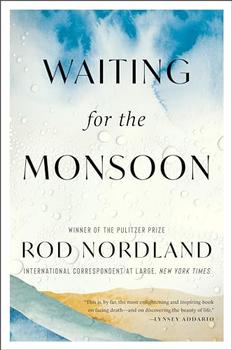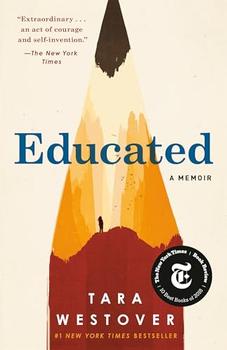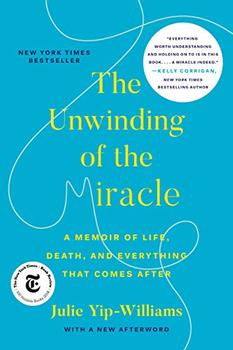Summary | Excerpt | Reviews | Beyond the book | Read-Alikes | Genres & Themes | Author Bio

A legendary New York Times war correspondent delivers his unforgettable final dispatch: a deeply moving meditation on life inspired by his sudden battle with terminal brain cancer.
For thirty years, Rod Nordland shadowed death. As one of his generation's preeminent war correspondents, he reported in over 150 countries, many of which were in violent upheaval, and was no stranger to witnessing tragedy. But in summer 2019, during the height of India's erratic monsoon season, Nordland was suddenly faced with a tragedy of his own: he collapsed in the middle of a morning jog, was rushed to the hospital, and diagnosed with a fatal brain tumor.
After decades chasing conflicts across the globe, Nordland, now confined to a hospital bed, found the strength to face more personal conflicts. He reconnected with his estranged children and became closer with them than he ever thought possible. He repaired a friendship with a best friend that had been broken for twenty years. The arrogance and certitude that dominated his every action was replaced by a lucid sense of humility and generosity that persisted even after he left the hospital. Norland's tragedy became, in his own words, "a gift that has enriched my life."
Waiting for the Monsoon is the exemplary story of confronting death with both eyes open, and of the human capacity to persevere even in the most difficult of times. With tremendous clarity, grace, and courage, Nordland has delivered a powerful final assignment, revealing how facing the unknown can transform experience and change our relationship to the world around us.
The title of Rod Nordland's autobiography could be a metaphor for the death he knows is coming for him after a stage 4 glioblastoma diagnosis, or for any of the many crises he has faced in his eventful life as a foreign correspondent for the Philadelphia Inquirer, Newsweek, and the New York Times. But it's also literal: in July 2019, he was reporting in India just before its rainy season began. A bystander found him suffering from a grand mal seizure and hailed an ambulance. At the hospital, doctors discovered a brain tumor and he was medevacked to New York City's Weill Cornell Medical Center for surgery, which took place on his 70th birthday. Afterwards, his surgeon was frank, telling Nordland he might get 15 more months, but that brain cancer would kill him eventually. "Waiting for the Monsoon" was the title he gave to the journal, and then the New York Times article, he wrote about his experience...continued
Full Review
 (798 words)
(798 words)
(Reviewed by Rebecca Foster).
 Rationally, we all know death is coming, but how many truly believe it? Most people only accept the inevitability when forced to by accident or terminal illness. Ironically, such a diagnosis can lend a new lease on life, as it did for Rod Nordland, author of Waiting for the Monsoon. Rereading E.M. Forster's Howards End recently, I came across the line "Death destroys a man, but the idea of death saves him" – maybe the confirmation of mortality is the spur we need to live courageously and with abandon.
Rationally, we all know death is coming, but how many truly believe it? Most people only accept the inevitability when forced to by accident or terminal illness. Ironically, such a diagnosis can lend a new lease on life, as it did for Rod Nordland, author of Waiting for the Monsoon. Rereading E.M. Forster's Howards End recently, I came across the line "Death destroys a man, but the idea of death saves him" – maybe the confirmation of mortality is the spur we need to live courageously and with abandon.
"Terminal" doesn't always mean death is imminent, after all. Australian author Clive James published 10 books of poetry and essays between a terminal leukemia diagnosis and his death, while poet Christian Wiman has produced six books...

If you liked Waiting for the Monsoon, try these:

by Tara Westover
Published 2022
Winner of the 2018 BookBrowse Nonfiction Award
An unforgettable memoir about a young girl who, kept out of school, leaves her survivalist family and goes on to earn a PhD from Cambridge University.

by Julie Yip-Williams
Published 2020
As a young mother facing a terminal diagnosis, Julie Yip-Williams began to write her story, a story like no other. What began as the chronicle of an imminent and early death became something much more - a powerful exhortation to the living.
Being slightly paranoid is like being slightly pregnant – it tends to get worse.
Click Here to find out who said this, as well as discovering other famous literary quotes!